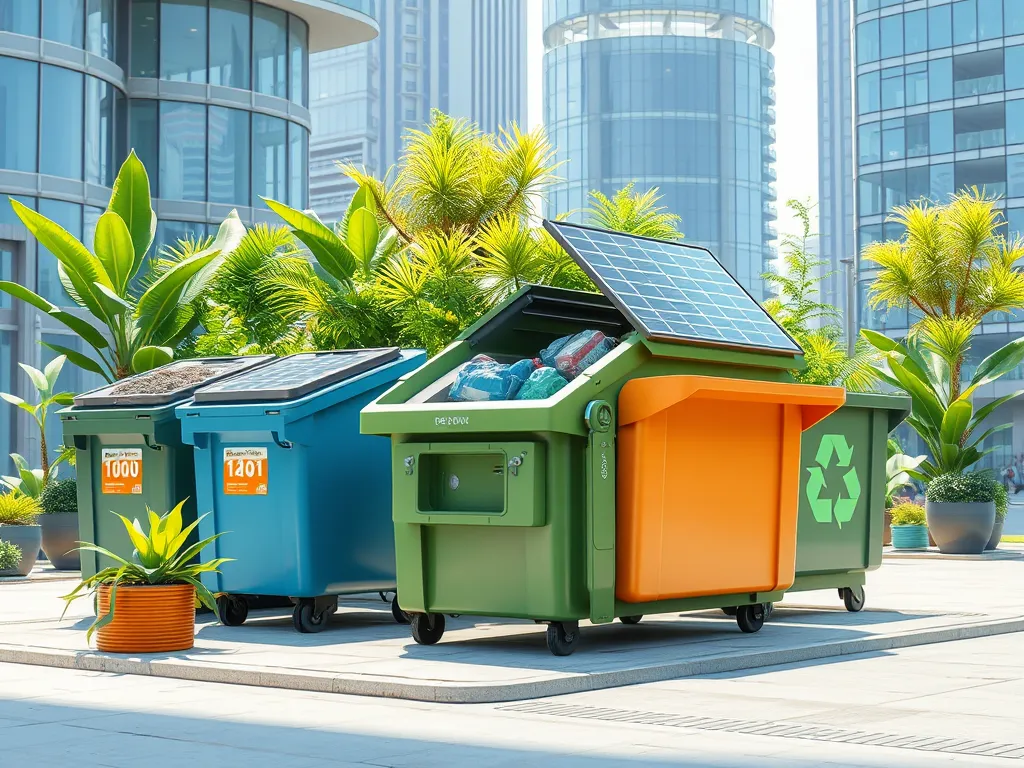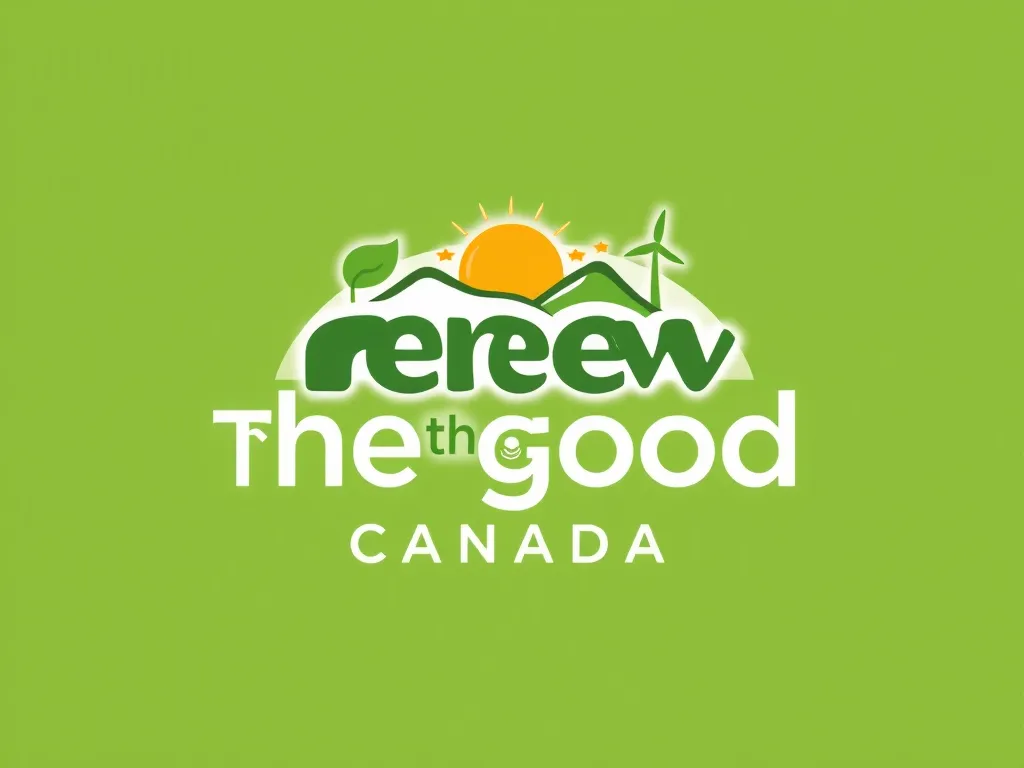Revolutionizing Waste Management: Innovations in Dumpster Rental

Innovations in Dumpster Rental and Waste Removal Technology
The waste management industry is experiencing a transformational phase, characterized by numerous innovations in dumpster rental and waste removal technology. As urbanization accelerates and environmental consciousness rises, the need for efficient waste management solutions has become paramount. This article explores the latest trends and innovations that are shaping the future of dumpster rental and waste removal technology, creating a more sustainable and streamlined approach to managing waste.
One significant trend in this evolution is the integration of technology into waste collection processes. Innovations in dumpster rental and waste removal technology have led to the development of smart dumpster systems that optimize efficiency and enhance user experience. These systems utilize Internet of Things (IoT) technology to monitor fill levels, which enables service providers to plan pickups based on actual needs rather than predetermined schedules. This not only reduces unnecessary trips but also minimizes fuel consumption and emissions.
Additionally, GPS tracking has been introduced to streamline logistics in waste collection. With real-time monitoring of dumpster locations, companies can efficiently design pickup routes, ensuring that trucks take the most efficient paths. This not only saves on operational costs but also contributes to a greener approach to waste collection. Such innovations in dumpster rental and waste removal technology are crucial in an era where sustainability is a growing concern and operational efficiency is critical to maintaining competitive advantage.
Moreover, technologies like smart locks and access control systems are enhancing the security and management of rental dumpsters. These features allow authorized users to access the dumpsters while preventing unauthorized use, which often leads to illegal dumping and waste overflow. Real-time data analytics further empowers waste management companies to gain insights into usage patterns, allowing for better inventory management and waste forecasting. The automated scheduling and dispatch of waste collection services also exemplifies the innovations in dumpster rental and waste removal technology that cater to modern needs.
Eco-friendly solutions are also at the forefront of innovations in dumpster rental and waste removal technology. As environmental awareness grows, companies are investing in biodegradable waste bags to simplify disposal and reduce landfill waste. Furthermore, many dumpster rental services are now integrating recycling technologies into their operations, promoting a circular economy where materials are reused and diverted from landfills. Composting solutions for organic waste and the use of sustainable materials in dumpster construction are additional steps being taken to minimize the ecological footprint of waste management.
Smart Dumpster Systems
Smart dumpster systems represent a revolutionary shift in waste management. With the integration of IoT technology, these systems can monitor fill levels in real-time, ensuring timely pickups and reducing overflow incidents. This capability not only improves efficiency but also contributes to better environmental management by minimizing waste leakage.
GPS tracking is another key feature of smart dumpster systems. By employing GPS technology, waste management companies can optimize their pickup routes, significantly cutting down on fuel consumption and reducing carbon emissions. This innovation demonstrates a commitment to sustainability while maintaining operational efficiency.
Smart locks and access control mechanisms are enhancing dumpster management. By allowing only authorized personnel to access dumpsters, companies can reduce unauthorized dumping and ensure that waste is disposed of correctly. This innovative control system is particularly valuable for construction sites and residential areas where misuse of dumpsters can lead to significant issues.
Understanding how to implement sorting and recycling effectively can enhance the efficiency of dumpster rental services, as outlined in https://www.elinformatico.org/sorting-and-recycling-an-innovative-process-for-dumpster-rental/.
Real-time data analytics revolutionizes how waste management companies operate. By analyzing data on usage patterns, companies can better predict waste generation trends, allowing for more effective inventory management and route planning. This data-driven approach leads to more informed decisions and efficient operations in waste management.
Moreover, automated scheduling and dispatching of waste collection services streamline the entire process. By utilizing advanced algorithms, waste management companies can ensure that pickups are conducted at optimal times, matching service availability with customer needs and further enhancing service delivery efficiency.
Eco-Friendly Waste Solutions
In an effort to reduce environmental impact, many dumpster rental services are turning to eco-friendly waste solutions. The introduction of biodegradable waste bags allows for easier disposal and less harmful waste accumulation in landfills. These materials break down naturally, minimizing waste's long-term environmental footprint.
Recycling technologies are becoming increasingly integrated into dumpster rental services. This innovation ensures that materials collected can be processed and reused, thus fostering a more sustainable waste management approach. This strategy not only diverts waste from landfills but also encourages responsible waste disposal practices among users.
Composting options for organic waste are also gaining traction. By providing bins specifically for compostable materials, companies can assist in diverting organic waste from landfills and promoting a circular economy. Composting reduces waste while producing valuable materials for gardening and agriculture, supporting local food systems.
The use of sustainable materials in dumpster construction is another key innovation. By opting for materials that are recyclable or made from recycled content, companies demonstrate their commitment to sustainability while reducing the overall environmental impact of their operations.
Partnerships with local recycling facilities enhance the capacity for waste diversion and proper handling. By working collaboratively with recycling centers, dumpster rental services can ensure that collected materials are processed correctly, promoting a culture of recycling and responsible waste management.
Mobile Apps and Platforms
The rise of mobile technology has fundamentally changed how consumers interact with dumpster rental services. User-friendly apps allow for easy booking and management of rentals, making waste disposal more convenient for customers. These apps streamline the rental process and provide necessary information at users' fingertips.
Virtual consultations for waste management needs have emerged as another innovative service. Customers can now receive personalized advice on what type of dumpster they may need based on the specifics of their project, further enhancing user experience and satisfaction.
Real-time tracking of rental status is a feature that enhances transparency between service providers and customers. Through mobile apps, users can monitor the status of their rental, including delivery times and pickup schedules, leading to increased accountability and trust.
User reviews and ratings integrated into mobile platforms are crucial for service improvement. By allowing customers to share their experiences, companies can gain valuable insights to refine their services and address any concerns promptly.
Additionally, payment integration and billing solutions within mobile apps simplify transactions for users. Customers can pay seamlessly through secure platforms, enhancing user experience and streamlining the financial aspect of renting dumpsters.
Automation in Waste Collection
Automation is transforming the landscape of waste collection with robotic systems for automated dumpster loading. These systems reduce manual labor and enhance efficiency in the waste collection process, allowing for quicker and safer operations.
Drones are also being utilized for aerial waste inspection, providing a new perspective on waste management practices. By surveying large areas from the sky, drones can identify issues such as illegal dumping sites and optimize collection routes based on litter assessments.
Self-driving vehicles represent the future of waste transport. These innovations promise to increase safety and efficiency while reducing costs associated with human drivers. As technology progresses, we may see more autonomous vehicles in waste management roles.
Predictive maintenance for waste collection vehicles is another essential innovation. By utilizing data analytics to anticipate maintenance needs, companies can prevent breakdowns and optimize the lifespan of their vehicles, thereby reducing downtime and maintenance costs.
Advanced sorting technologies in waste processing are improving recovery rates of recyclable materials. By using AI and machine learning, these systems can identify and separate materials more efficiently than traditional methods, contributing to better recycling outcomes.
Customer-focused Innovations
Customer-centric innovations are becoming increasingly important in dumpster rental services. Flexible rental plans tailored to individual customer needs allow for better satisfaction and accommodate varying project sizes and timeframes.
Zero-contact pickup and delivery options have emerged as a response to the growing preference for contactless transactions. These options enhance safety and convenience, making waste disposal easier for customers during times of heightened health awareness.
Incentive programs for reduced waste generation are designed to encourage responsible waste management practices among users. By providing rewards or discounts for recycling or minimizing waste, companies foster a culture of sustainability.
Enhanced customer service through chatbots offers immediate support to users, addressing inquiries and concerns around the clock. This innovation helps improve overall customer experience by providing quick responses and assistance without extended wait times.
Finally, educating consumers on proper waste disposal practices is an essential component of customer-focused innovations. By providing resources and information, companies can empower customers to make informed decisions about their waste management practices.
